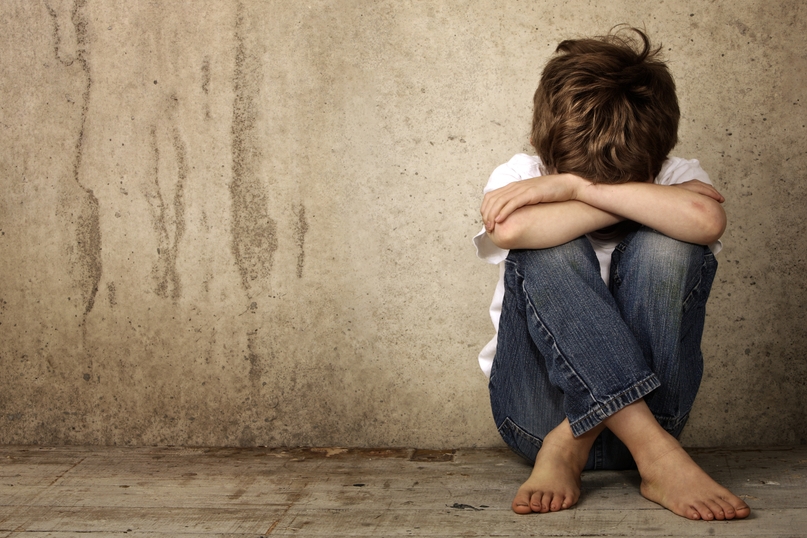
Child abuse has two distinct legal dimensions: criminal and civil. Understanding the distinction between criminal child abuse and civil child abuse cases is crucial, as it significantly impacts both the accused and the victims. In Pennsylvania, the distinctions are particularly notable. In this post, we will delve deep into these differences and discuss how the Law Offices of Joseph Lesniak, LLC can provide invaluable representation in both scenarios.
Overview of Criminal Child Abuse Cases in Pennsylvania
What Constitutes Criminal Child Abuse?
In Pennsylvania, criminal child abuse encompasses any act, failure to act, or series of acts that result in imminent risk or actual severe physical harm, sexual abuse or exploitation, or death of a child under 18 by a parent or caregiver responsible for the child's welfare.
Potential Penalties
- Imprisonment: the duration is dependent on the severity of the crime.
- Sex Offender Registration: Mandatory registration as a sex offender, depending on the nature of the crime.
It's crucial to note that the state, representing the people, prosecutes these cases. Therefore, it's the government's responsibility to prove guilt beyond a reasonable doubt.
Overview of Civil Child Abuse Cases
The Focus of Civil Cases
Unlike criminal cases, civil child abuse cases do not determine criminal guilt but instead focus on the rights and responsibilities of individuals. Such a case could arise when a victim seeks compensation for injuries or trauma resulting from abuse.
Key Aspects
- Monetary Damages: Consequences primarily revolve around monetary damages to compensate the victim.
- Filing a Case: Any individual or guardian of the victim can file a civil case to claim compensation for the harm suffered.
Key Differences Between Civil and Criminal Cases
- Nature of the Case: Criminal cases determine guilt, whereas civil cases determine liability.
- Initiating Party: The state prosecutes criminal cases, while individuals or their guardians initiate civil cases.
- Consequences: Criminal cases can lead to imprisonment, while civil cases primarily lead to monetary damages.
- The Burden of Proof: Criminal cases require proving guilt "beyond a reasonable doubt", while civil cases require a "preponderance of evidence".
Importance of Legal Representation
Irrespective of the nature of the child abuse case, having an experienced attorney is crucial. An adept attorney can provide guidance, navigate the intricate legal processes, and robustly represent their client's interests. For those seeking a knowledgeable advocate, the Law Offices of Joseph Lesniak, LLC offers a free consultation service, ensuring everyone has access to quality legal advice.
A Unique Perspective: Joseph Lesniak
With a rich background as a former prosecutor, Joseph Lesniak brings a unique perspective to the table. This experience is invaluable, particularly in criminal cases, as it allows him to anticipate the prosecution's strategy, ensuring his clients receive a robust defense.
Contact an Experienced Child Abuse Defense Lawyer at The Law Offices of Joseph Lesniak, LLC for a Free Consultation About Your Case Today
Navigating the landscape of child abuse cases, whether criminal or civil, requires a deep understanding and experienced guidance. The Law Offices of Joseph Lesniak, LLC stands ready to assist, ensuring justice is served appropriately. If you or someone you know is facing a civil or criminal child abuse case, don't hesitate to reach out for a free consultation.
Frequently Asked Questions
1. What constitutes evidence in child abuse cases, both civil and criminal?
Evidence can vary depending on the specifics of the case but may include medical records, testimonies (from the child, witnesses, professionals), photographs of injuries, previous records of abuse, and any relevant correspondence.
2. Who has the burden of proof in these cases?
In criminal cases, the burden of proof lies with the state, which must prove the defendant's guilt beyond a reasonable doubt. In civil cases, the plaintiff (or the victim) must prove their case based on a preponderance of evidence, meaning it is more likely than not that the defendant caused harm.
3. What is the age limit for a child in these abuse cases in Pennsylvania?
In Pennsylvania, a child is defined as an individual under the age of 18 for the purposes of child abuse cases.
4. Can someone face both criminal and civil charges simultaneously for child abuse?
Yes, it's possible for an individual to face criminal prosecution and be sued in a civil court by the victim or their guardians concurrently.
5. If acquitted in a criminal child abuse case, can the defendant still be found liable in a civil case?
Yes. The standards and burdens of proof differ between criminal and civil courts. Therefore, an acquittal in a criminal trial does not preclude a defendant from being found liable in a civil trial.
6. How can victims of child abuse receive compensation in a civil case?
If the defendant is found liable in a civil child abuse case, they may be ordered to pay damages to the victim. This could include compensation for medical expenses, therapy, pain and suffering, and more.
7. What protections are in place for child witnesses during a trial?
In many jurisdictions, including Pennsylvania, special provisions are made to protect child witnesses. This might include testifying via closed-circuit television, having a support person present, or using anatomical dolls for demonstrations.
8. How long does a victim have to report child abuse?
In Pennsylvania, for criminal cases, timelines can vary based on the specific crime and the age of the victim. For civil cases, child abuse victims generally have until their 30th birthday to file a lawsuit. However, it's crucial to consult with a legal expert about specific situations and any recent changes in the law.
9. Can a person be held liable for not reporting suspected child abuse?
In Pennsylvania, certain professionals, like teachers and doctors, are mandated reporters. This means they have a legal obligation to report suspected child abuse. Failure to do so can result in penalties.
We hope this post has shed light on the significant differences between civil and criminal child abuse cases. For experienced representation in either realm, reach out to the Law Offices of Joseph Lesniak, LLC for a free consultation.

